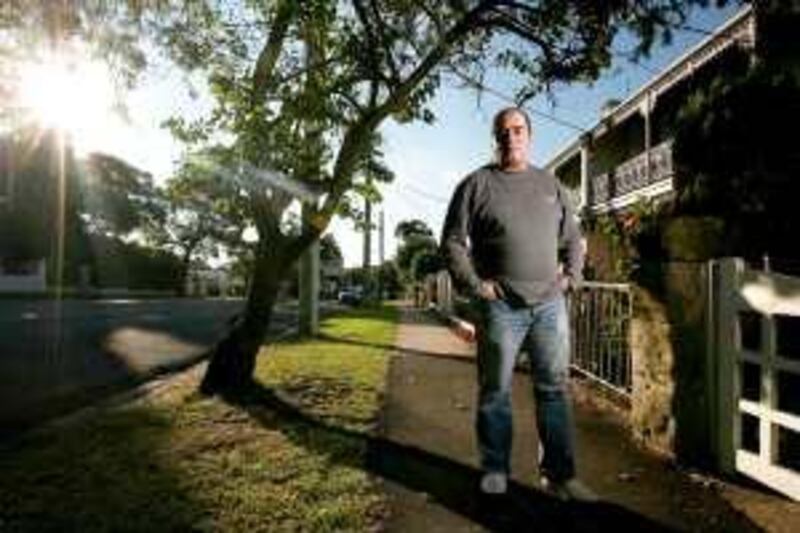SYDNEY // Many members of the Iranian diaspora in Australia have expressed solidarity with those protesting in Tehran and elsewhere in the aftermath of the disputed presidential election. "I am sorry for what my fellow Iranians are going through," said Amir Mesrinejad, a refugee who claimed that the government of Mahmoud Ahmadinejad was unfairly clinging to power.
Mr Mesrinejad is a Christian minister and the leader of an Iranian church in Sydney who fled his homeland to escape persecution more than a decade ago and, following a spell in Indonesia, arrived in Australia in 2000. After spending five years in an immigration detention centre in Sydney waiting to be granted political asylum, he emerged to build a new life and now runs a company that helps refugees find work.
For most expatriates, events in Iran are never far from their thoughts. With the country scarred by violence and profound division, there has been great sadness and fear. Some exiles have said that despite the deaths of some demonstrators in Iran and the response of the authorities, such a sustained display of public discontent has created an unstoppable movement for change. "Whatever happens from now on is a step forward," said Kamran Talebi, 45, who was born in Tehran and moved to Australia in 1989. "He [President Ahmadinejad] has destroyed the economy; the country is going backwards and there is no hope for the future," added Mr Talebi, who works as a technical solutions manager for a multinational IT company in Sydney.
Australia's Iranian community grew rapidly in the early 1980s after the Islamic revolution and the fall of the Shah, Iran's western-backed monarch. Most settled in Sydney or Melbourne. The majority are Muslim, about one-third Baha'i, while there are smaller numbers of Christians and Jews. "Some expatriates would be nostalgic about the time of the Shah if they came from very rich families," said Ahmad Shboul, an associate professor in the department of Arabic and Islamic studies at the University of Sydney. "Some of them might belong to certain religious minorities. If I were a Baha'i I would be very anti the regime in Iran.
"Both within Iran and those expatriates overseas, there is dissatisfaction with the extreme control of the religious leaders and certainly the Revolutionary Guards. People want more freedom; they want to improve Iran's image in the world," he said. Prof Shboul, who recently visited Iran, said he believes there are some similarities between the current unrest and the turmoil of 30 years ago, but that they should not be conflated. "I think these people want something positive whereas the ones who started demonstrating against the Shah wanted that regime to disappear. I think today these people want improvements," Mr Shboul said.
Mammad Aidani, a research fellow at the University of Melbourne, also said the protesters do not want to demolish Iran's political edifice, but simply want their demands and concerns to be taken seriously. "This generation has definitely come to a conclusion that Ahmadinejhad and the ultra-conservative elements of the Islamic regime have consciously decided not to listen or to understand their needs," said Dr Aidani, a celebrated Iranian playwright who came to Australia in the mid-1980s.
"This generation is far more intelligent, intuitive and imaginative and is not going to stop. These people don't have any aspiration to destroy this system; they just want it to listen and to try to understand and find answers to some fundamental questions." pmercer@thenational.ae





